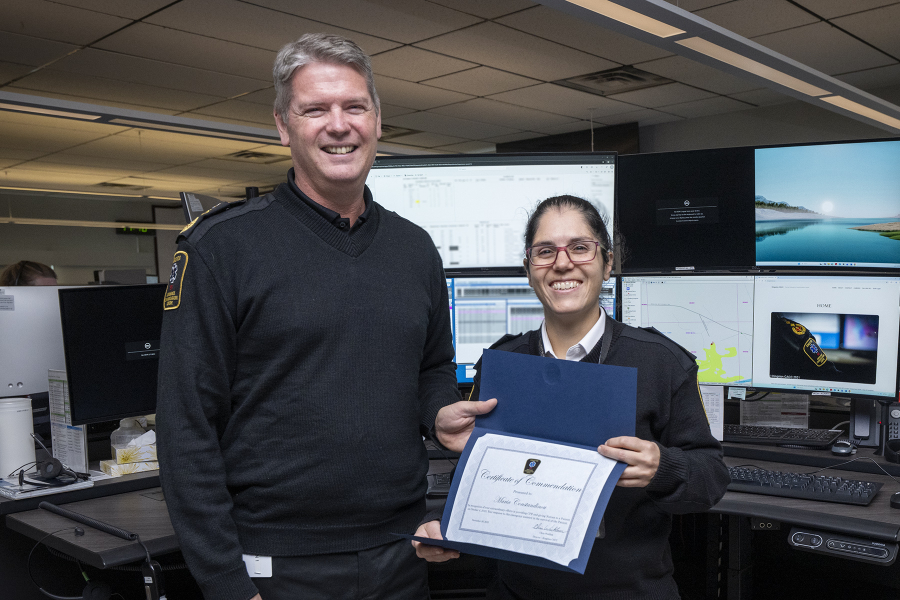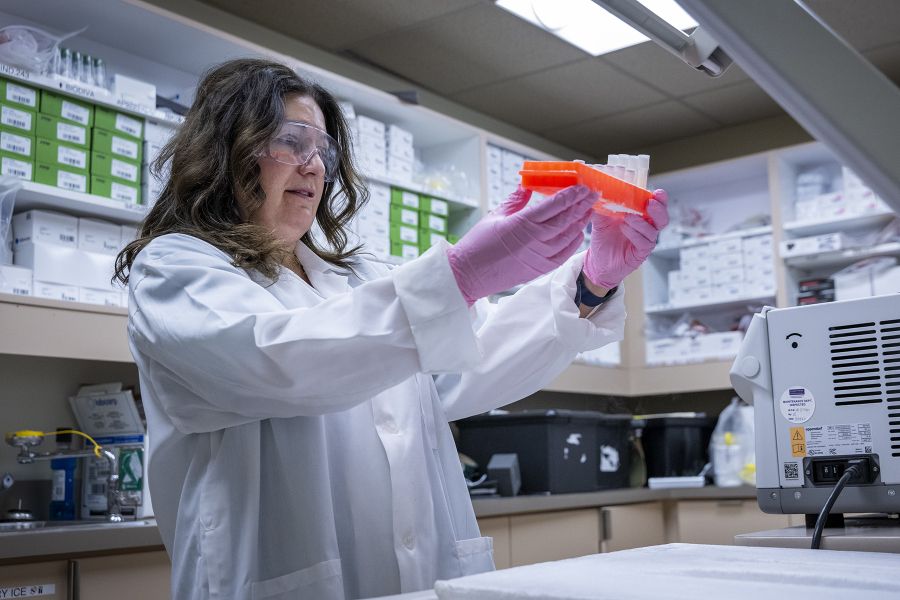Effective immediately masking is required for everyone when present on all inpatient units, in the Emergency Department (ED), the Urgent Care Centre (UCC), and the Children’s Outpatient Centre (COPC).
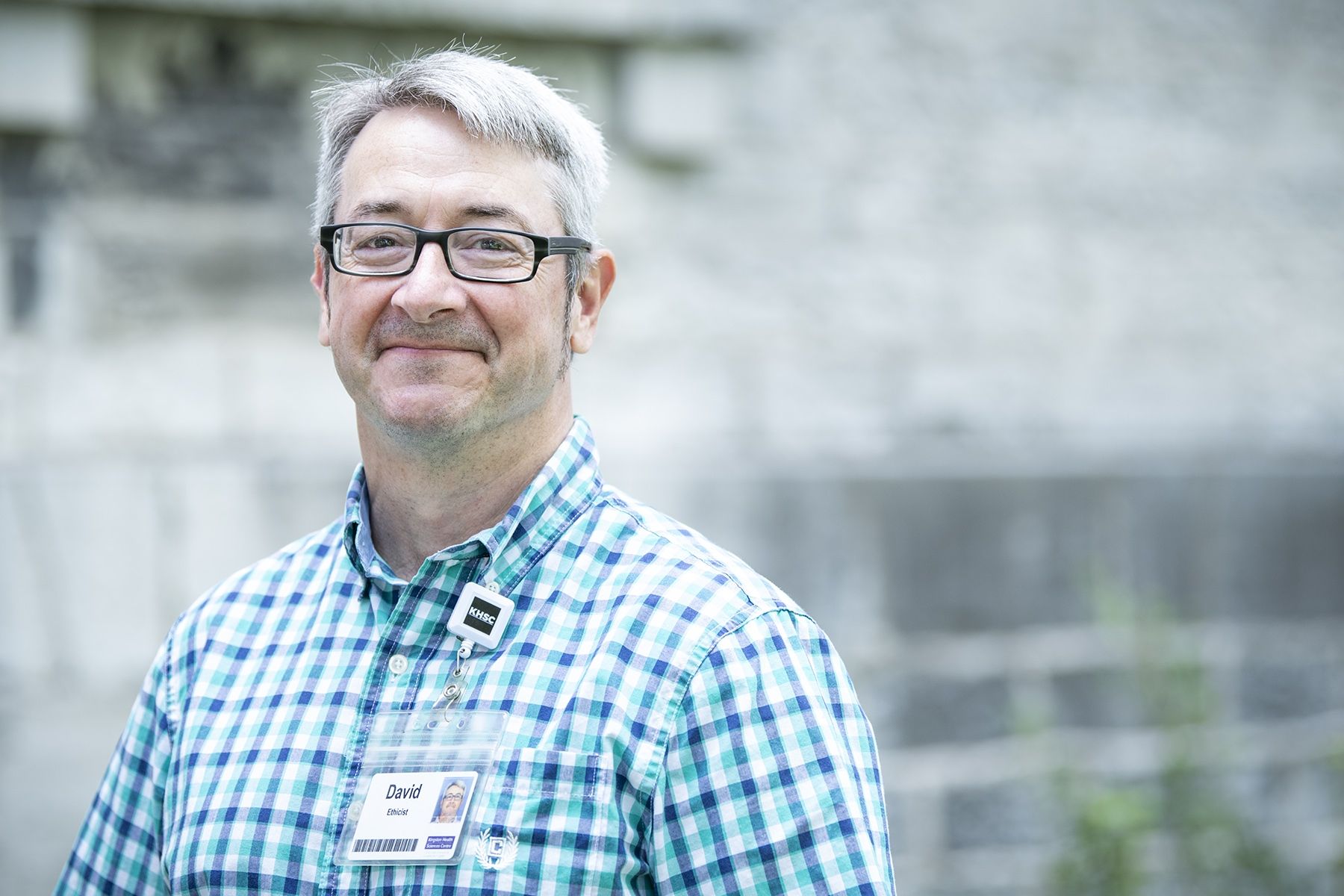
COVID-19 fatigue may be plaguing you these days but not David Campbell. The clinical ethicist at Kingston Health Sciences Centre actually lights up when you mention the pandemic.
“It may sound weird, but I’ve found it very exciting,” he says. “It has brought the most intense challenges I’ve ever faced as an ethicist and really amplified the importance of ethics in health care.”
As a clinical ethicist David is called in when patients, families and medical teams need guidance in ethically challenging situations such as end-of-life decisions, conflicting goals of care or difficult discharges. He helps people look at tough issues from all sides, consider pros and cons, and find resolutions or reasonable compromises. In a whirlwind of questions, voices, uncertainty and emotion he stands firm as a calm, neutral presence that works toward a fair result.
Small wonder that he has found the ethics of something as disruptive as COVID-19 fascinating, and why he has stepped up to take a leadership role in regional ethics groups during the pandemic.
“I’ve been involved in whole new levels of hospital decision-making, everything from considering how life-and-death decisions would be made if our ICU resources were overwhelmed to how we go about reducing elective surgeries fairly to finding the equitable ways of making exceptions to our family presence policies.
“Issues like prioritizing vaccines were incredibly complex because we had an extremely limited supply at first. The challenge with all of these issues was to develop a consistent and fair approach. It’s about having clear criteria, following the logic, staying firm and being able, at times, to say ‘no.’”
The job of an ethicist—pandemic or no pandemic—is not always easy, he says.
“Your recommendations won’t necessarily make everyone happy. And sometimes you have to watch people make bad decisions. But that’s their right. You can’t force people to do anything against their will.”
His own response to the business of ethics in general is rooted in the philosophy of Stoicism, which focuses simply on recognizing and accepting what we can change and what is beyond our control.
“You do the best you can, trust your judgement and, at the end of the day, you let it go.”
Gallery
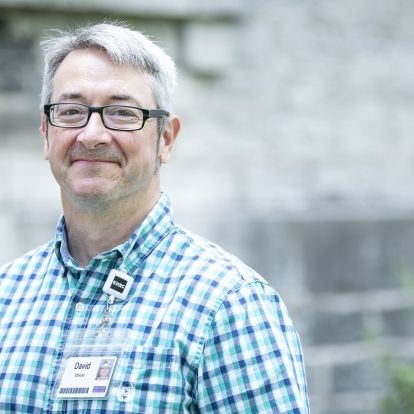
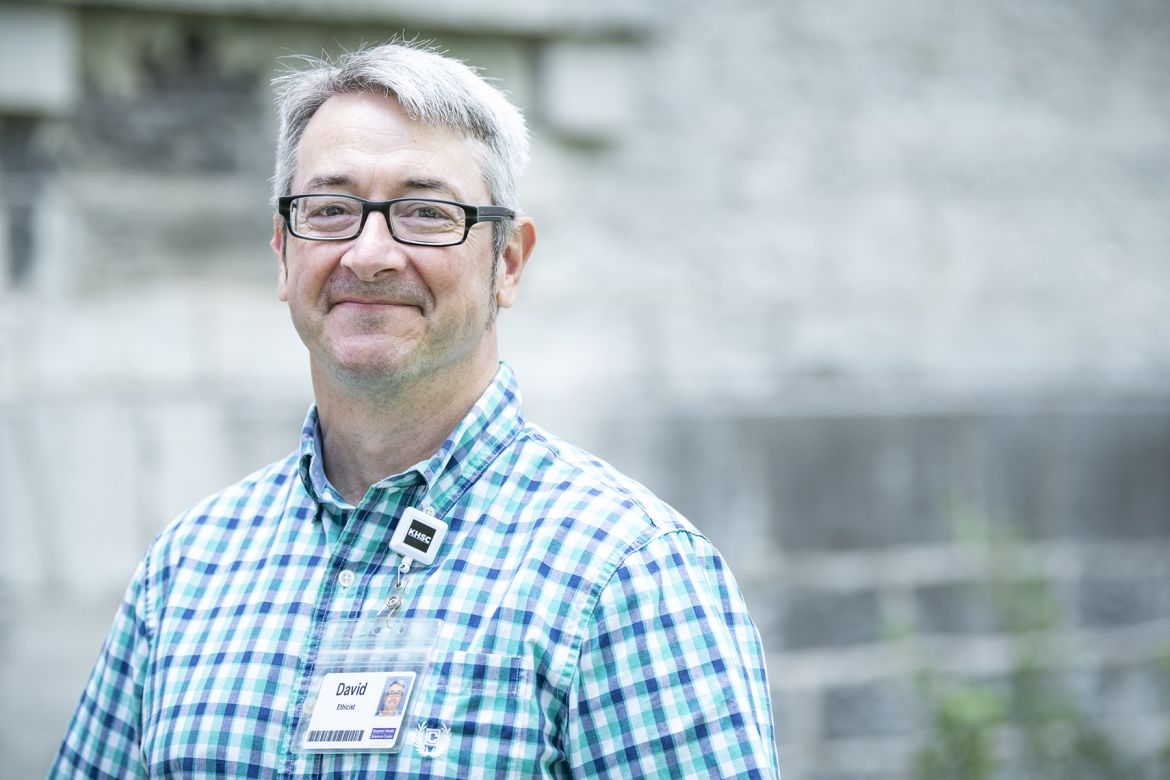
Ethicist David Campbell

